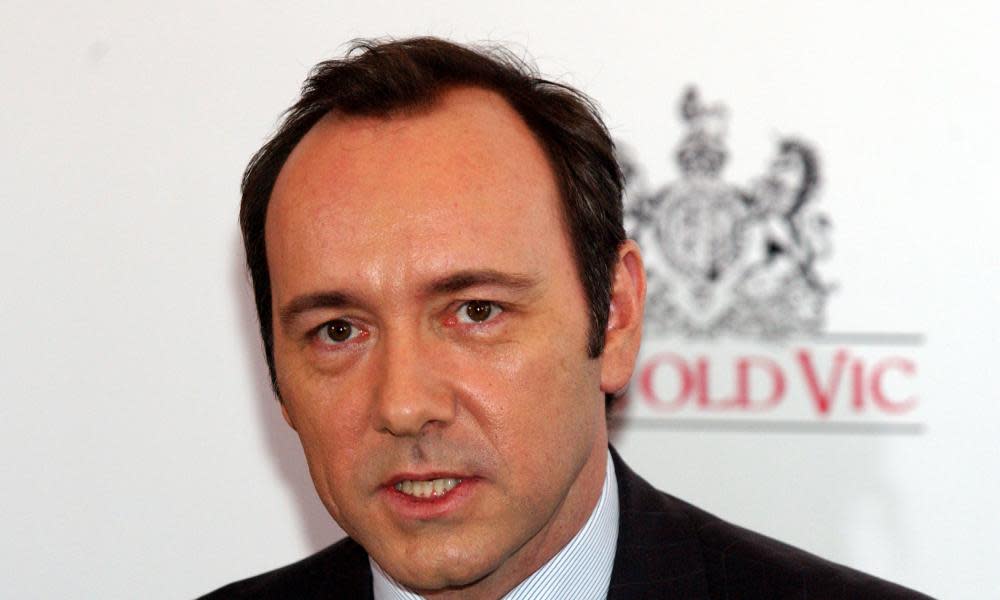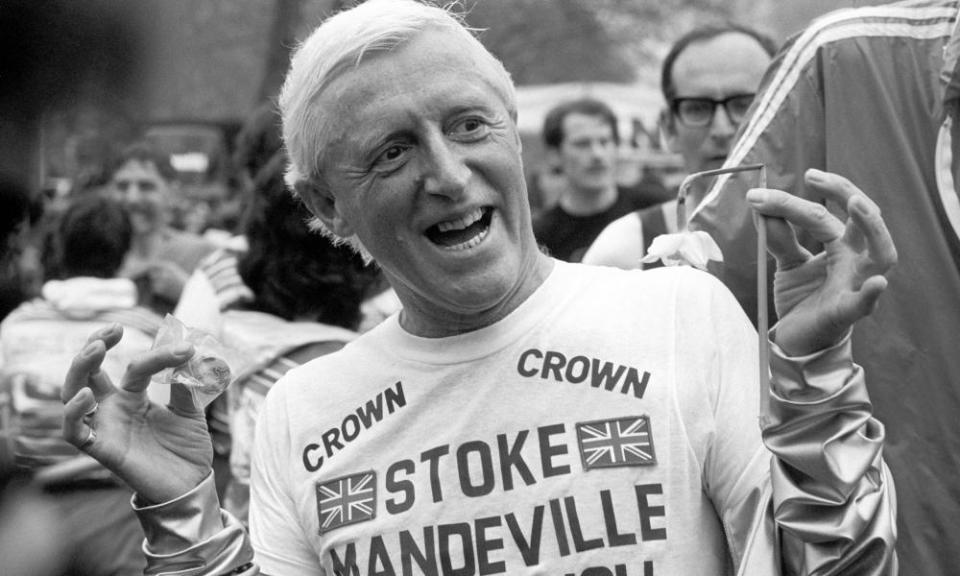By knowing how abusers like Kevin Spacey work, we can root them out | Deborah Orr

Twenty people have now made allegations of inappropriate behaviour against Kevin Spacey, the majority from his time as the Old Vic’s artistic director. Fourteen of the allegations are so serious that complainants have been advised to go to the police.
Managers at the Old Vic say they are sorry they did not create an environment in which people felt they could speak out if they were receiving unwanted attention. This failure has been put down to a “cult of personality” around the actor.
Narcissists seek power and attention. They are drawn to positions that will give them these things
I’m not sure that our society quite understands how all-encompassing a cult of personality can be, or how tirelessly a person leading the cult of himself sifts and sorts and categorises every human being he comes into contact with in order to control his environment.
Some current and former members of staff say that Spacey’s behaviour was an “open secret” at the Old Vic. Others insist that revelations about Spacey’s behaviour have been a complete shock to them. This isn’t surprising.
Successful predators have an instinct for vulnerabilities in others, traits that they can manipulate. They sniff out shame, insecurity, self-consciousness, self-doubt, like pigs sniff out truffles. They know just as surely when a person is unlikely to accept their subjugations. These people are still useful though. They are the ones who will see model behaviour, a glossy presentation of respect, professionalism, friendship, that will further intimidate and isolate their designated victims.

The former are, broadly, the people for whom a predator’s behaviour will be an open secret. The latter are, broadly, his human shield. Think of all the people who would not believe that Jimmy Savile could possibly have been a monstrous sexual predator, until the evidence had become overwhelming. They had been groomed just as single-mindedly as his victims were.
I was struck, watching the Netflix series Mindhunter, by two things. First, how crude the predatory behaviour of serial killers is. Second, how successful a psychological approach to catching them seems to have been. In the latter half of the 20th century, you couldn’t move for serial killers and serial killer-related media coverage. In the 21st, thankfully, with a few regrettable exceptions, their extravagantly psychopathic activity seems to get nipped in the bud.
Is it possible for us to reach an understanding of less flamboyant predators in a similar way, and protect ourselves and others from such people? The author Joe Navarro, a former FBI agent, says the one trait to watch out for in people who are likely to instigate malignant cults of personality is narcissism. Navarro has the big guys in mind – the Charles Mansons, the David Koreshes, the Jim Joneses. But his list of 50 traits to watch out for in others, published in Psychology Today, is still a helpful guide to spotting toxic behaviour. This is stuff that everyone should know and understand.
Predatory behaviour can have a profoundly negative psychological effect on the people who encounter it, even at a relatively low level. When you are assaulted by a person you should be able to trust, and feel unable to do anything about it, you learn something hurtful about yourself and your place in the world. That’s what people mean when they try patiently to explain that sexual assault is all about power.
When such manipulation occurs in a setting such as the company or industry you work in, it can damage your career. Even if it doesn’t, a feeling of powerlessness and inadequacy – often expressed as anger – can sometimes last a lifetime. That’s why people who sneer at small physical harms done to victims are so repellent. They don’t understand that the main aim is psychological harm.
Narcissists seek power and attention. They are drawn to positions that will give them these things. Politics, entertainment, big business, the media – these are all areas that attract people with narcissistic traits. When we learn how to weed out those who are so narcissistic that they’re dangerous to others, rather than paying obeisance to them, the world will be a better place.
• Deborah Orr is a Guardian columnist

 Yahoo News
Yahoo News 
